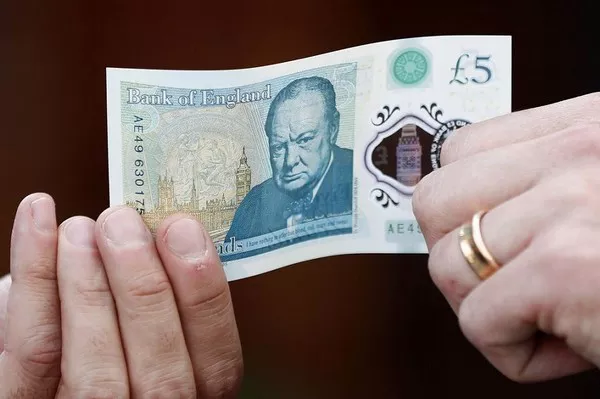GBP, or the Great British Pound, stands as one of the world’s oldest and most reputable currencies. Renowned for its stability and rich history, the GBP plays a pivotal role in global finance. This article aims to provide a comprehensive overview of what GBP money is, exploring its history, design, significance, and current status in the global economy.
Historical Evolution
The origins of the GBP can be traced back to the 8th century when the Anglo-Saxons first introduced silver pennies. Over the centuries, various forms of currency were used in England, including gold and silver coins. It wasn’t until the 17th century that the Bank of England was established, solidifying the GBP as the official currency.
The Gold Standard, introduced in the 19th century, further strengthened the GBP’s position. However, it was abandoned during the First World War and fully in 1931 during the Great Depression. The GBP then became a fiat currency, meaning its value is not backed by a physical commodity but relies on the trust and confidence of the people.
Design and Denominations
GBP banknotes and coins boast intricate designs that reflect the nation’s rich heritage. The Bank of England issues banknotes in denominations of £5, £10, £20, and £50. Each note features portraits of historical figures such as Queen Elizabeth II, Charles Darwin, and Alan Turing, among others. The reverse side often showcases iconic landmarks and cultural symbols.
Coins are issued in various denominations, including 1p, 2p, 5p, 10p, 20p, 50p, £1, and £2. The designs on coins range from the Royal Shield to depictions of flora and fauna, celebrating the diversity and history of the United Kingdom.
Significance in Global Finance
The GBP has a significant role in the global financial landscape. As one of the world’s major reserve currencies, it is widely held by central banks and governments around the globe. The City of London, with its renowned financial institutions, further enhances the international standing of the GBP.
The London Stock Exchange, the world’s fourth-largest stock exchange by market capitalization, also operates in GBP, making it a vital currency for global investors. The GBP’s stability and liquidity make it an attractive choice for international trade and investment.
Exchange Rates and Forex Market
The value of the GBP is subject to fluctuations in the foreign exchange (forex) market. Exchange rates determine the relative value of one currency against another. The GBP is commonly traded against major currencies such as the US Dollar (USD), Euro (EUR), and Japanese Yen (JPY).
The forex market is influenced by various factors, including economic indicators, political events, and market sentiment. Traders and investors closely monitor these factors to make informed decisions. Central banks, such as the Bank of England, play a crucial role in shaping exchange rates through monetary policy decisions.
Impact of Economic Factors
The strength and stability of the GBP are closely tied to the economic health of the United Kingdom. Key economic indicators, including GDP growth, unemployment rates, and inflation, can impact the value of the currency.
Brexit, the UK’s withdrawal from the European Union, has been a significant factor affecting the GBP. The uncertainties surrounding the negotiations and the ultimate outcome of the separation have contributed to volatility in the currency markets.
Monetary Policy and the Bank of England
The Bank of England (BoE) is the central bank responsible for issuing and regulating the GBP. As part of its monetary policy, the BoE sets interest rates to achieve its inflation target and support economic stability.
The Monetary Policy Committee (MPC) meets regularly to assess economic conditions and make decisions on interest rates. Changes in interest rates can influence borrowing costs, spending, and inflation, thereby impacting the value of the GBP.
Challenges and Future Outlook
Despite its historical significance and stability, the GBP faces challenges in the evolving global economic landscape. Ongoing geopolitical uncertainties, trade tensions, and technological advancements pose potential risks.
Additionally, the rise of cryptocurrencies and digital currencies may impact the traditional role of fiat currencies, including the GBP. Central banks worldwide are exploring the concept of digital currencies, and the Bank of England has considered the possibility of introducing a digital pound.
See Also What Happened To GBP/USD
Conclusion
The Great British Pound, with its rich history, distinctive design, and global significance, remains a cornerstone of the international financial system. As a symbol of stability and resilience, the GBP has weathered economic challenges and adapted to evolving economic landscapes. Understanding the factors that influence its value and the role it plays in the global economy is essential for investors, traders, and anyone interested in the intricacies of the financial world.


